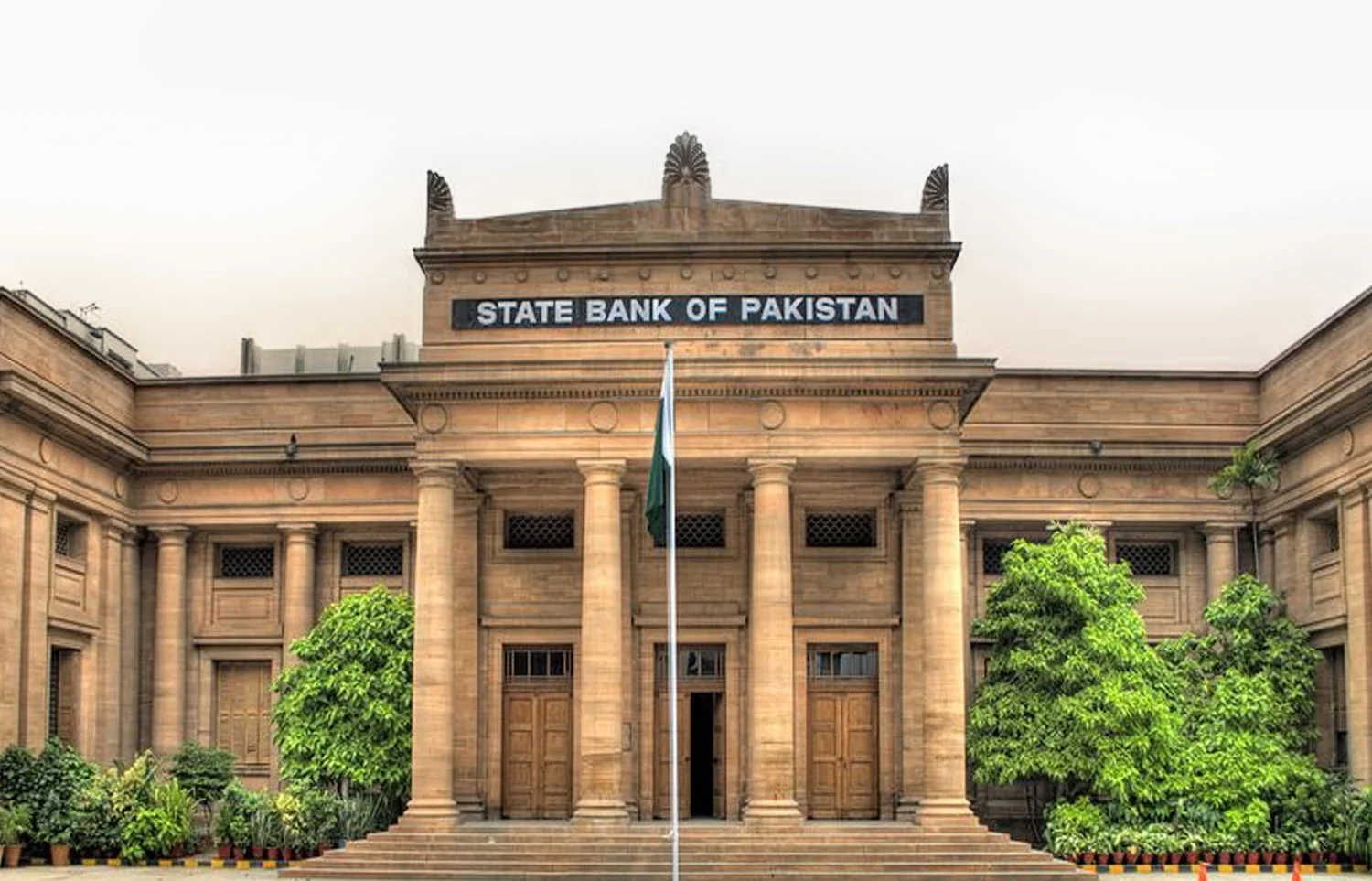
The State Bank of Pakistan (SBP) has reduced its policy rate by 100 basis points to 12%, effective January 28, 2025, citing easing inflation and improving economic conditions. This marks the sixth consecutive rate cut since June 2024, with a cumulative reduction of 1,000 basis points.
SBP Governor Jameel Ahmed, addressing the Monetary Policy Committee’s (MPC) decision, highlighted declining inflation trends, which dropped to 4.1% year-on-year in December. The decrease is attributed to stable exchange rates, reduced demand, and a favourable base effect. However, core inflation remains elevated, prompting a cautious approach.
“While headline inflation is trending downward, risks such as volatile global commodity prices and potential energy tariff adjustments remain,” Ahmed stated. The SBP expects inflation for FY25 to average between 5.5% and 7.5%, with short-term fluctuations before stabilising.
The SBP also pointed to gradual economic recovery, citing increased sales in automobiles, fertilisers, and petroleum products, along with higher private-sector credit. Despite weaker agricultural performance, real GDP growth for the first quarter of FY25 stood at 0.9%.
On the external front, Pakistan achieved a $600 million current account surplus in December 2024, bolstered by strong remittances and export earnings, particularly from high-value-added textiles. For the first half of FY25, the current account surplus reached $1.2 billion, with the SBP forecasting a balanced external account, ranging between a surplus and a deficit of 0.5% of GDP for the fiscal year.
In Pakistan and Iraq, anti-American demonstrations turned violent following the US-Israeli bombing campaign in Iran,…
In a retaliatory cyber attack, Pakistan's cyber force breached Indian news channel ABP News. The…
In closed-door briefings with Congress, officials from the Trump administration have revealed that there was…
In the throes of escalating tensions across the Middle East following US strikes on Iran…
Timothee Chalamet made a special appearance at the 2026 Actor Awards in Los Angeles, bringing…
In a shocking act that sets dangerous precedents, Iran’s Supreme Leader Ayatollah Ali Khamenei and…
This website uses cookies.